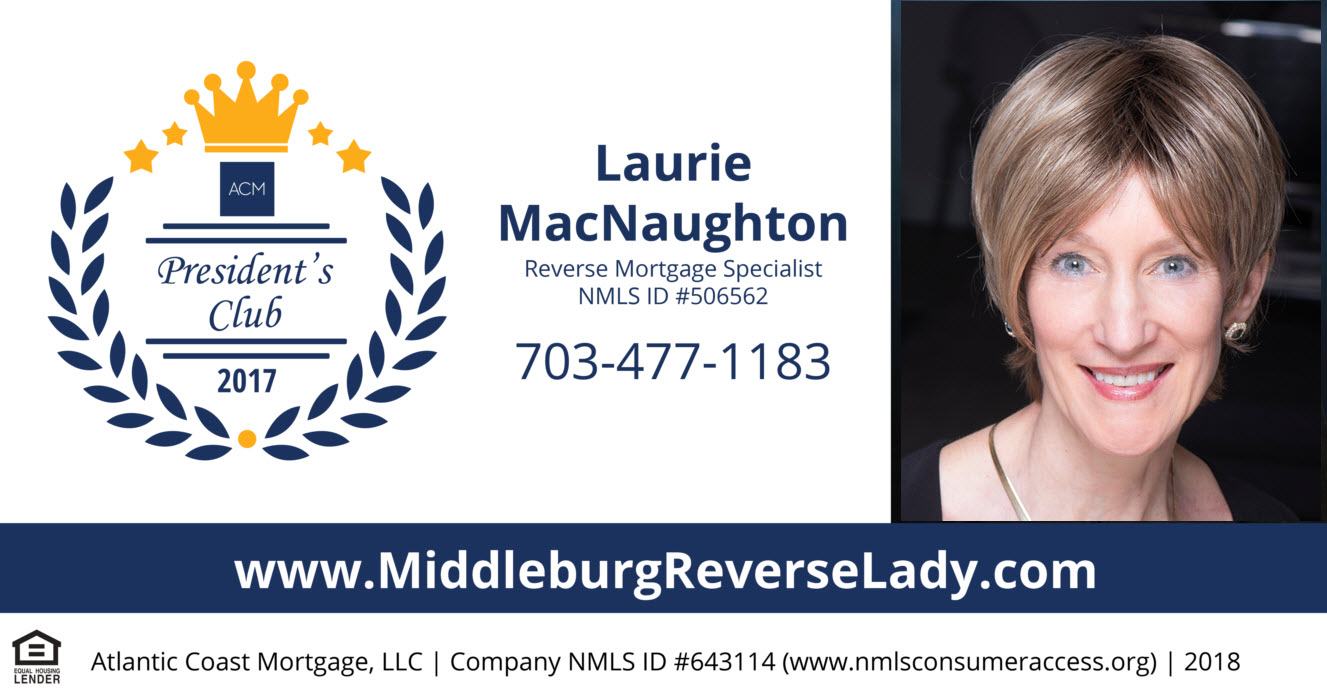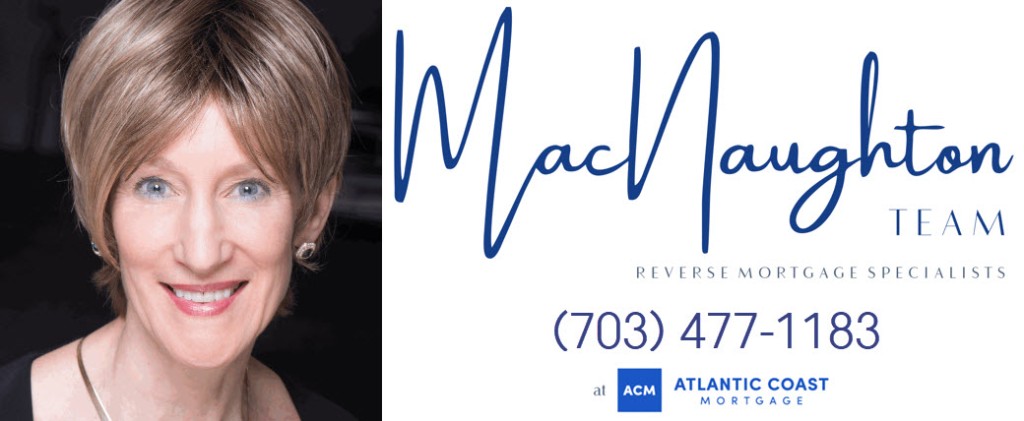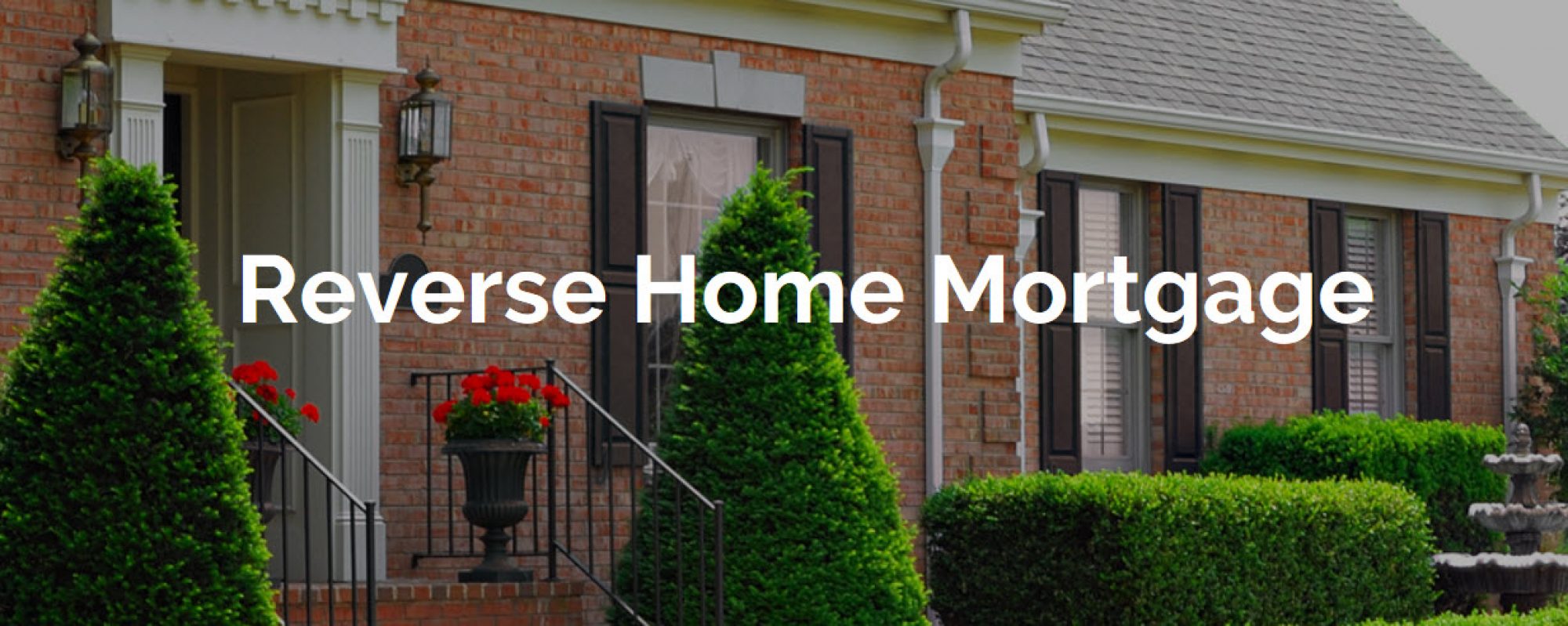Laurie MacNaughton © 2018
As I write this I’m visiting long-time friends in Germany. Over dinner the past few evenings our conversation has turned to retirement, as within the next decade both they and I will be approaching retirement age in our respective countries.
During our discussions a couple data points have piqued my interest, including the fact that though average Germans save more than average Americans do, a 2018 survey indicates they do not have appreciably more in retirement savings. According to the survey this is largely due to the fact median incomes in Germany are somewhat lower, and the cost of living higher, than in the States. When I asked my friends about their retirement funding they pointed to their daughter and said, half-jokingly, “She’s a big part of the plan.”
But here’s a personal observation: we Americans tend to speak of retirement finances with much more judgmentalism and a much greater degree of shame and secrecy. Did your 401(k) take a big hit after the financial crisis? Tsk-tsk. Have you not saved the recommended $1.5 million for retirement? For shame. Are you considering a reverse mortgage? Don’t tell friends or family – not now, not ever.
I see the impact of this attitude played out time and time again. A homeowner encounters an unexpected event – illness, loss of a spouse, loss of employment shortly before retirement, a later-in-life divorce – and suddenly needs access to a significant amount of funds. Because we Americans do not feel comfortable openly discussing finances, for many the only option is to look to their bank for a traditional home equity loan.
But here’s the thing: let’s say the homeowner qualifies for a traditional home equity loan. For the first 29 days after closing everything seems fine – cash need solved.
However, day 30 is the kicker because now there’s a mortgage payment due. And, for some homeowners this new loan payment is on top of an existing mortgage. Even if the homeowner can juggle payments over the near term, over the long term the situation can be a recipe for disaster.
So what are some potential alternatives? First, awkward as it may be, the homeowner needs to talk to family. They’re going to know sooner or later, and these conversations do not get easier over time – nor do financial situations typically get better over time. Over the years many adult children have told me they wish their parents had been more open in discussing financial matters.
Second, the homeowner should speak with a qualified financial planner, wealth manager, or elder law attorney who can help put together a long-range financial plan.
Third, the homeowner should consider using the home as a source of retirement funding. Several options exist here, including selling the home and downsizing, renting out a portion of the home, or doing a reverse mortgage.
Money is not a moral issue, though it can feel like one. Running short on money is not a sin, though we can be made to feel it’s one. And asking for help is not a weakness, though our culture may imply it’s one.
If you have questions about how a reverse mortgage may benefit your loved one, or if you would like contact information for elder law attorneys, financial planners, or wealth managers – or just about anyone associated with aging-related issues – give me a call. I always love hearing from you.










